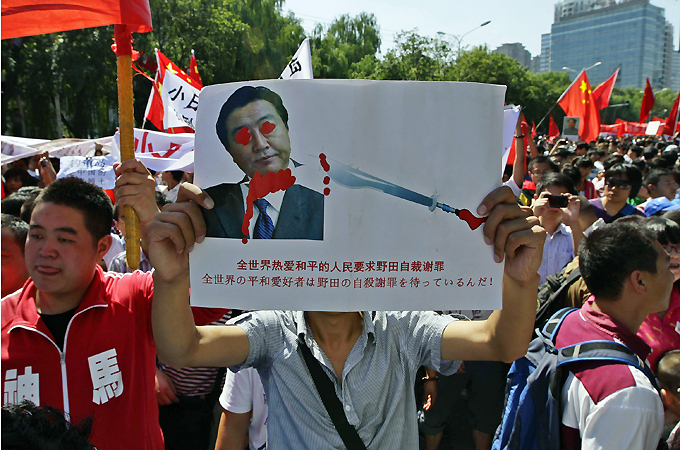Duties of citizenship
All this talk of taxes keeps making me think of my naturalization interview.
Earlier this year I applied for Korean citizenship. (I will still retain my U.S. citizenship.) As in the U.S., the naturalization process requires an interview, for which I diligently prepared (mostly the night before). The interview tests the applicant’s knowledge of:
1. 애국가 The national anthem (first verse)
2. 한국어 능력 Korean language ability
3. 국민으로서의 자세 Citizen’s comportment (the 4 duties, community spirit, national holidays)
4. 자유민주적 기본질서 Basic tenets of liberal democracy
5. 국민으로서 기본소양 Basic knowledge (using public transportation, dialing 112 in case of emergency, where to throw away trash)
(these are my poor translations from the information sheet, which you can download here)
The U.S. publishes its list of questions that might be asked in a naturalization interview. (If you’re interested in these questions, see SL Kim’s excellent old post.) But in the above list, only three are specific: the national anthem, the 4 duties, and the national holidays. It’s the 4 duties which really interest me. These are:
국방의 의무 National defense duty
납세의 의무 Duty to pay tax
교육의 의무 Educational duty
근로의 의무 Duty to work
My eldest son happens to be studying democracy in his 6th grade social studies class, and his textbook emphasizes the balance between rights and duties. But in the naturalization interview there were no questions about rights. Only duties. Not just to defend the country and pay tax (which one might guess) but also the duty to educate oneself for the required amount of time and use that education to help the country develop (“개인의 성장 및 나라의 발전에 이바지하기 위해 필요함”). The duty to work in order to help the country develop but also for one’s own happiness and competitiveness (모든 국민이 나라의 발전을 위해 일을 해야 할 의무, 개인의 행복과 나라의 경쟁력을 높이기 위해 필요함).
In the actual interview, I was asked a lot of other questions, from all sorts of areas (including a question about Dokdo, and another about whether I would choose to stay here or be evacuated with the Americans if war should occur). But the duty question was what stayed with me, especially as I watched the presidential debates.
Perhaps more on this later. It’s been a long time since I blogged. Baby steps.

